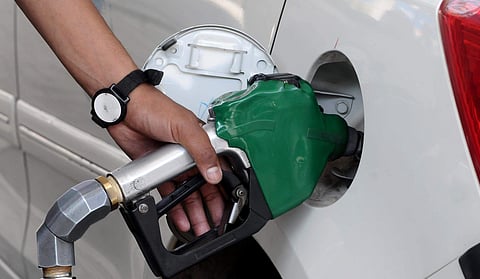

As the Delhi government inches closer to enforcing its policy of denying fuel to overaged vehicles, technical glitches in the Automatic Number Plate Recognition (ANPR) system are raising serious concerns. Petrol pump dealers say the system has been generating erroneous data, incorrectly flagging vehicles, particularly CNG-run autorickshaws, as end-of-life despite valid registration periods.
“We have been testing the technology where speakers attached to the ANPR cameras flag that the vehicles are older than 15 years. When verified with the registration papers of those vehicles, we get to know that the vehicles have a life of several years. The issue is specifically with the CNG-run autorickshaws,” said a dealer based in South Delhi.
The ANPR system is designed to detect overaged vehicles arriving at refuelling stations and check for valid Pollution Under Control (PUC) certificates. If a vehicle is found non-compliant, petrol pump attendants are alerted and expected to deny fuel. However, the current glitches are raising apprehensions among operators about potential chaos during the rollout.
Dealers have highlighted that the issue lies in the backend of the system and urged that it be fixed before full implementation to avoid inconvenience to customers. “It needs to be corrected before we are asked to implement the anticipated plan. Else, it will create long queues. People also hesitate in showing their registration papers for verification as we don't have the authority to demand that,” another dealer said.
They also recommended integrating monitors with the ANPR system’s repository, allowing fuel stations to cross-check vehicle details when anomalies are flagged. Without such provisions, dealers fear a surge in disputes and delays at fuel stations.
The Delhi government had earlier aimed to equip all fuel stations with the system by April 1 but missed the deadline. As of now, 372 petrol pumps and 105 CNG refilling stations have been fitted with ANPR devices, with 23 more installations pending. Officials expect the complete rollout by the end of April.
Environment Minister Manjinder Singh Sirsa had previously underlined that the government was trying hard to get the process completed on time, but added it was better to delay the rollout slightly than to proceed with only partial implementation.